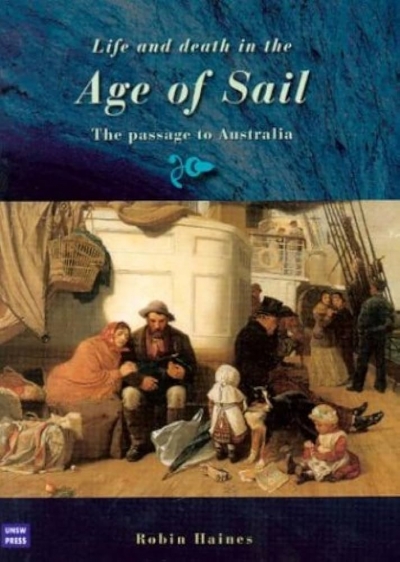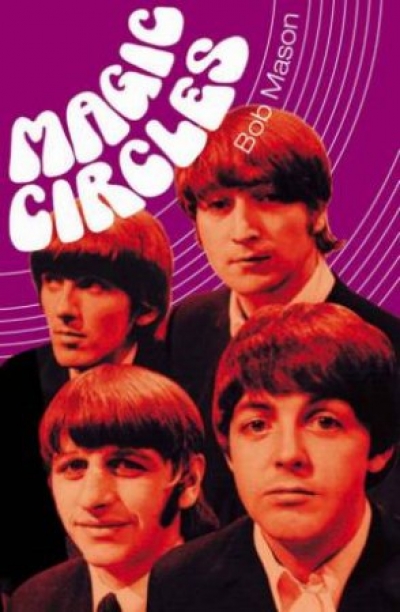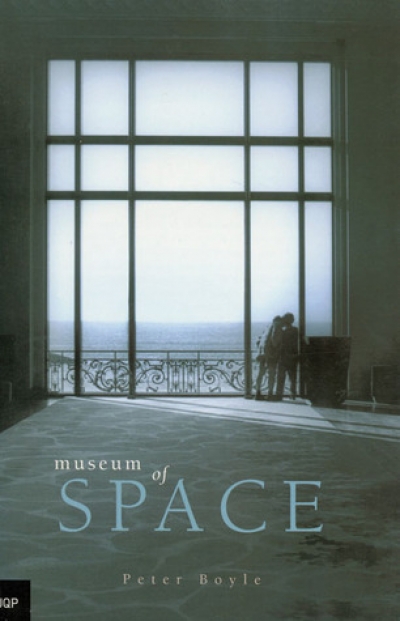Archive
During the summer, Fire Island Pines, a scrubby Atlantic-facing dunescape off the southern shore of Long Island, is entirely colonised by gay men from Manhattan. Little dogs, swelling pectorals, postcards of Prince William and other clichés abound. The only way to get there is by ferry. There are no roads, just paths, jetties and boardwalks. This alone makes it worth the trip. Yet Fire Island has a distinctly ‘science fiction’ aspect, as if a cruisy gay nightclub in outer space for curious aliens and time-travellers. Here, glamorous youth and leathery, wobbling-tummied capital are exquisitely interdependent. From about four o’clock in the afternoon until six or seven, at the quayside tea dance, hundreds of shirtless men writhe to ‘Let the Sunshine in’ and other camp classics. All shapes and sizes. You can’t help thinking of those nature documentaries where colourful water birds peck grubs and insects from behind the ear of some lumbering wildebeest. I am not sure where I fit into this eco-system. It does not seem particularly fragile.
... (read more)On 30 March 2001 Helen Garner attended a Victims of Crime Rally on the steps of Victoria’s Parliament House.
The sun shone on a loose crowd that was forming at the top of Bourke Street. Many of the demonstrators had attached pictures of their murdered loved ones to their T shirts … On their backs people wore the slogan MAKE THE PUNISHMENT FIT THE CRIME. A common poster read LET THE VICTIM HAVE THE LAST WORD IN THE SENTENCE.
Garner describes suffering faces, clumsy and sob-broken speeches, anger sharpened to ‘rough, skin-prickling eloquence’, recitations of lists of the dead, lists of crimes and sentences. At the end of the rally, Garner asked some of the speakers for their addresses. When she told a man who had impressed her with his eloquence – he wore an Akubra and his face was ‘sun-creased, sparkly-eyed and intensely like-able’ – that she was writing a book about a murder, he shook her hand and said, ‘[T]hanks for takin’ an interest’.
... (read more)Different attitudes
Dear Editor,
I am writing in response to John Biggs’s letter (ABR, June/July 2004) regarding my review of his novel, The Girl in the Golden House (ABR, April 2004). Reading Biggs’s comments on my discussion of his use of English names and idioms, I was reminded just how different our attitudes towards contemporary fiction are. We are obviously writing from different generational perspectives, with quite different expectations of what writing, especially that about ex-British colonies, should be able – or at least attempting – to do. Of course I am aware that Chinese people in Hong Kong have old-fashioned English names and have received aspects of an English education, but it was the way that Biggs wrote about and, simply, continued this colonial tradition that I felt compelled to critique. People in Hong Kong have Cantonese names and traditions as well, but Biggs’s characters lacked complexity and believability in this regard. As I suggested in my review, this was most probably not only a result of Biggs’s own cultural background but, more importantly, of his lack of awareness of some of the wider debates that currently surround the practice of Westerners writing about Asia.
... (read more)Life and Death in the Age of Sail: The passage to Australia by Robin Haines
Passion for Peace: Exercising power creatively by Stuart Rees
Place Made: Australian Print Workshop edited by Roger Butler and Anne Virgo
While we are apart I will
wear no shoes, walk barefoot
over Nevada sands, tune my heart
to 33 kilohertz, synchronise
my inner ear to terra firma, and,






